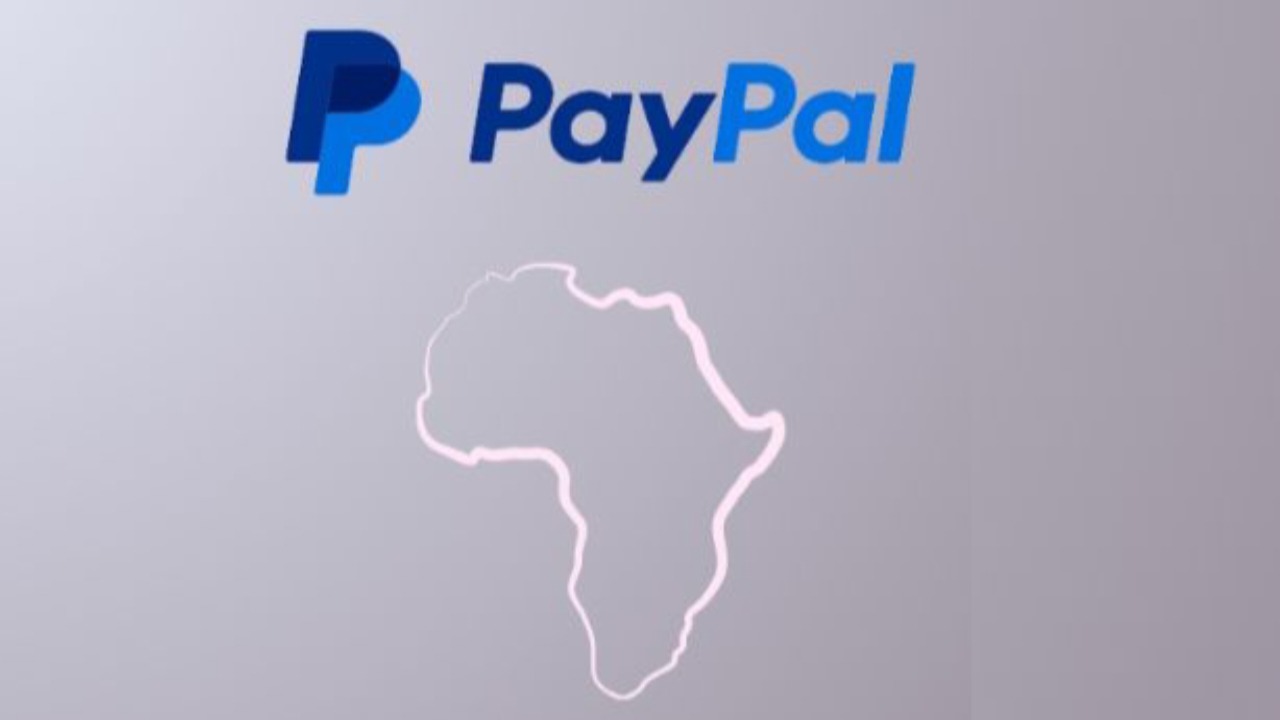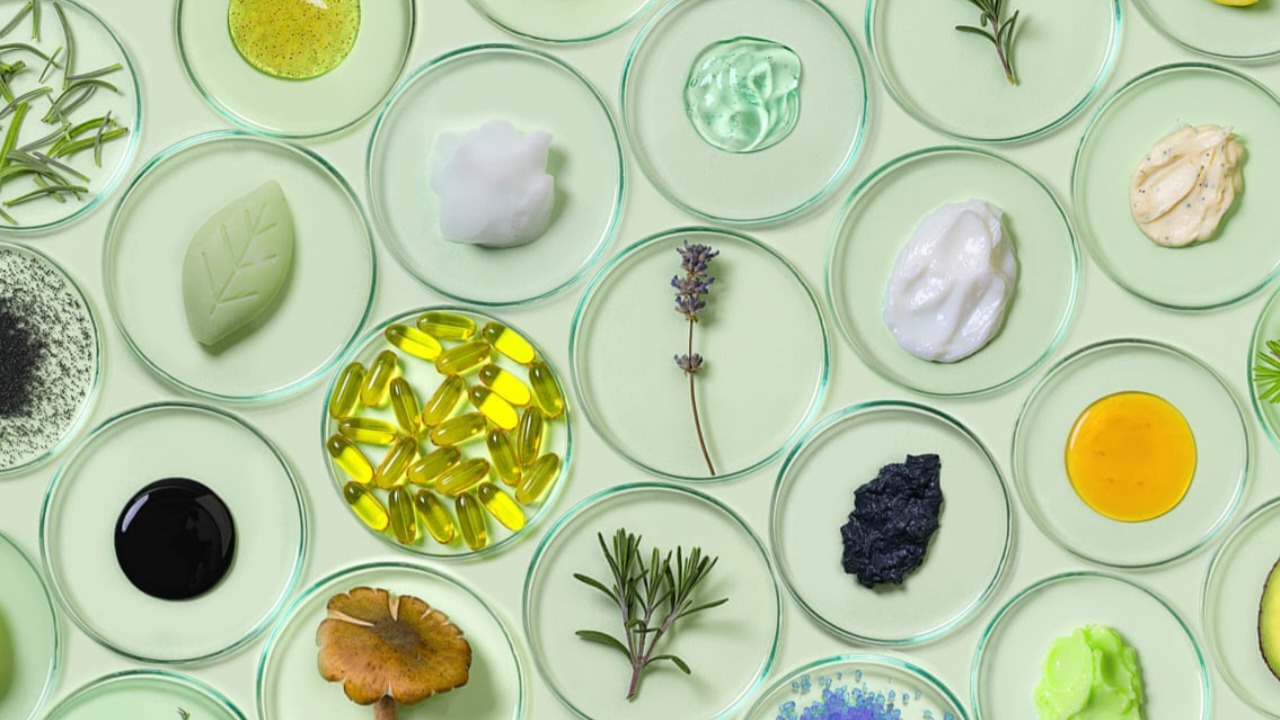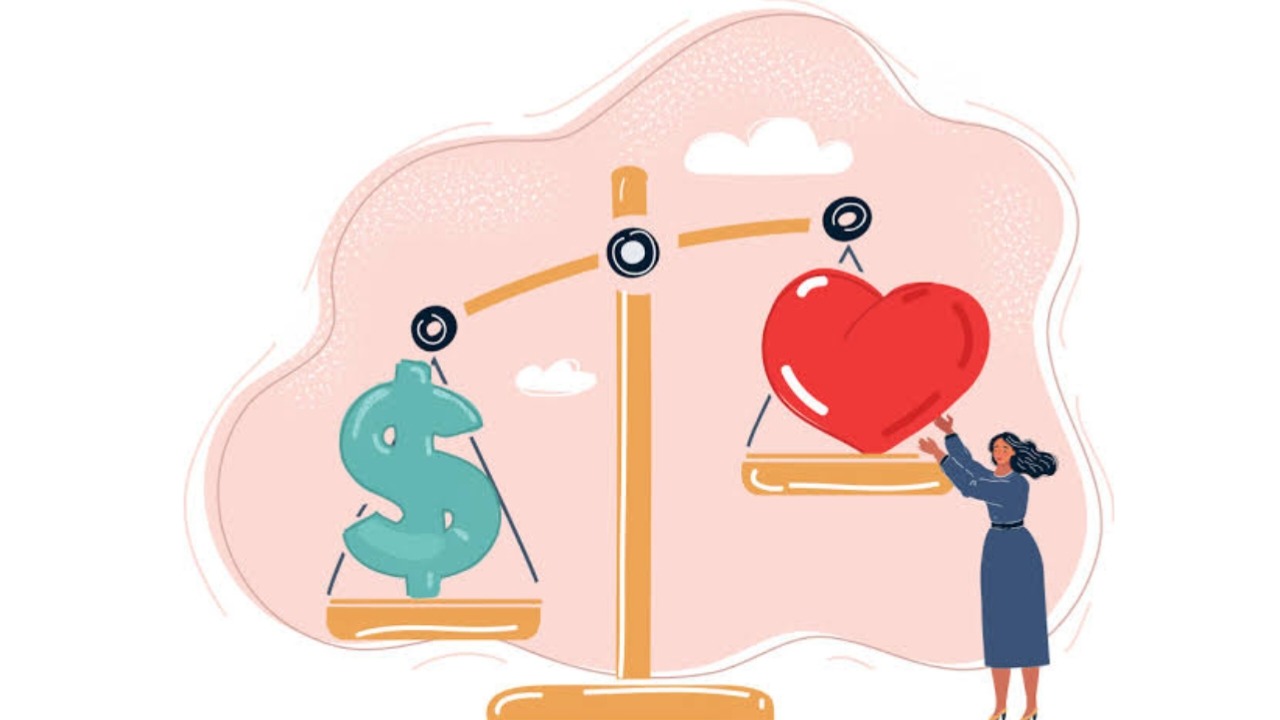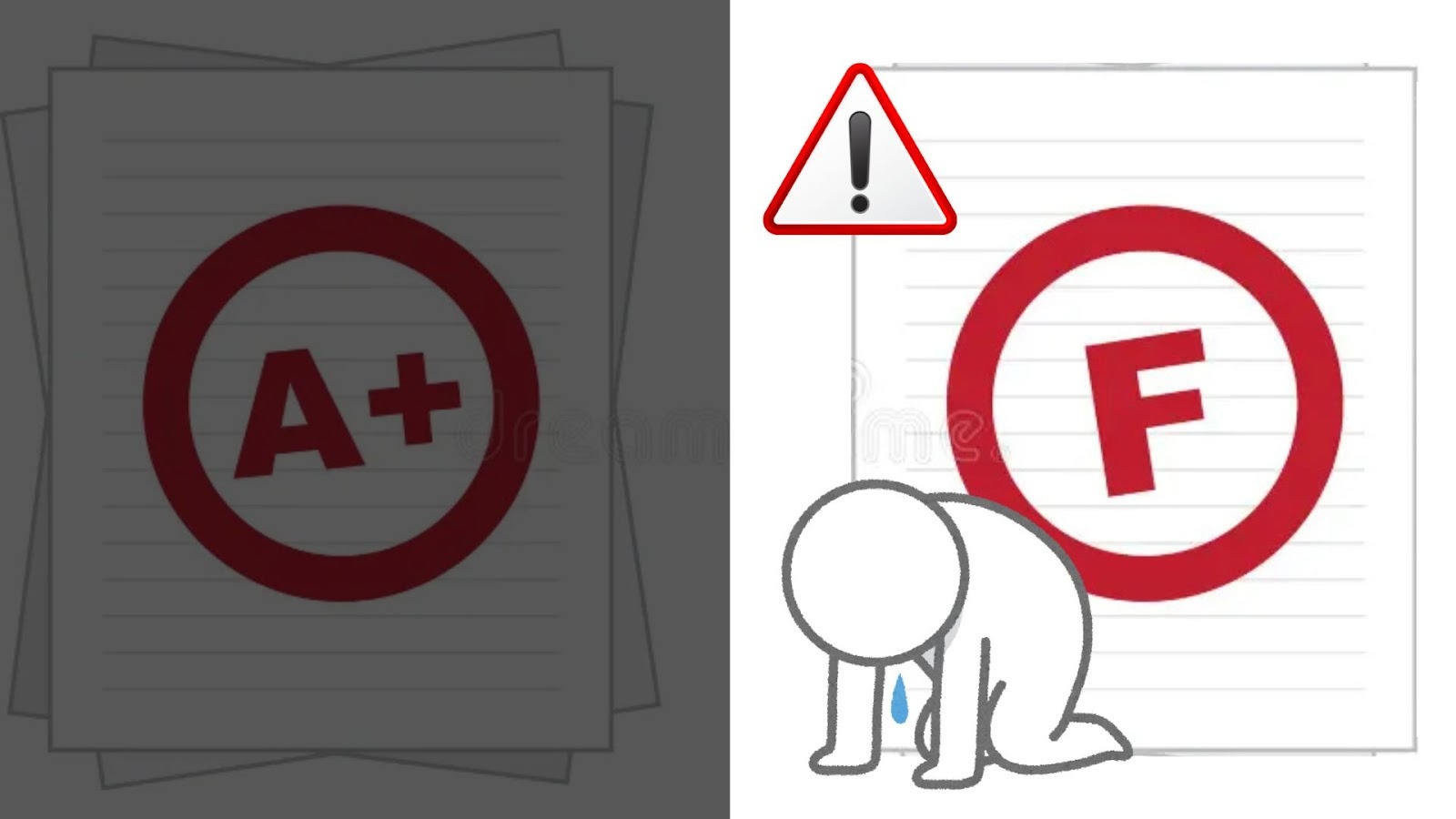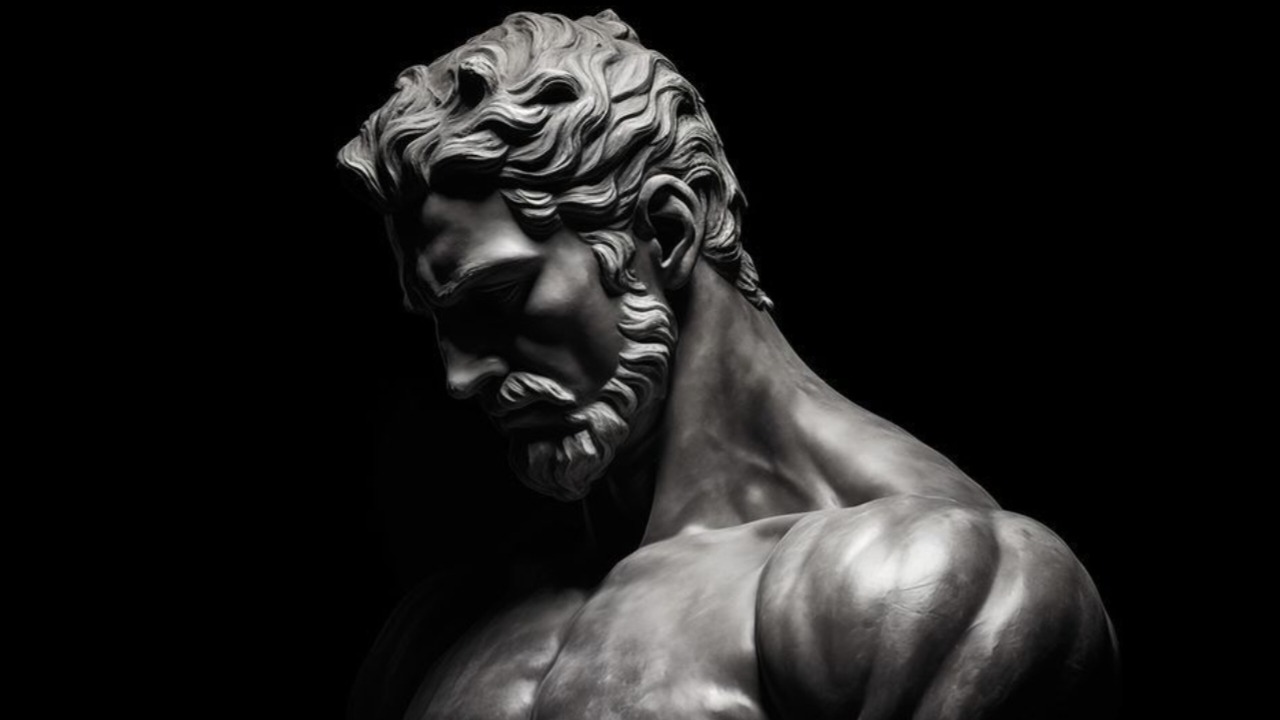Africa’s Real Health Crisis Isn’t Disease; It’s Denial
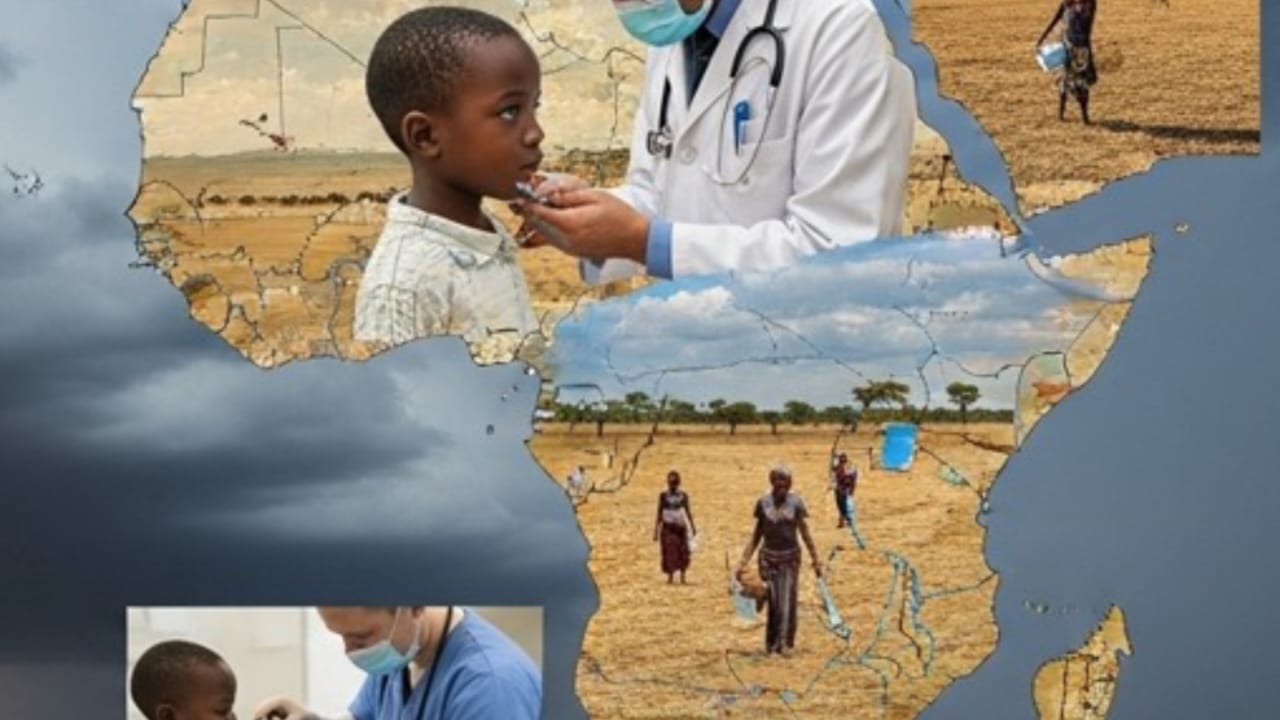
There was a time I watched someone I knew collapse, not from malaria, not from HIV, but from what appeared to be a simple headache and fatigue. Later, I learned he’d refused to go to a doctor because his symptoms “felt spiritual.” He said he had already prayed to God and there was no need to go to the hospital. He had already told everyone around him that he would be fine and that they shouldn't bother, that he would be fine. He never was.
Moments like this stay with me because too many Africans normalize delay, deny warning signs, and spiritualize illness until their bodies begin to betray them. In a continent where life expectancy in many places hovers around the low sixties, the real health crisis is no longer just infectious disease, it’s this stubborn refusal to reckon with real, silent killers.
These silent killers, non-communicable diseases, fake medicines, self medication, chronic stress, and environmental risk, are not waiting silently for us. But what if we’re refusing to see them?
The Rise Of The Chronic Epidemic And The Denial In Belief Systems
Twenty years ago, when you talked to your grandmother about illness, she named malaria, typhoid, or tuberculosis, these were just the regular illnesses encountered and treated traditionally. Today, the names have become scarier: high blood pressure, diabetes, stroke and even cancer. According to the WHO Regional Office for Africa, non-communicable diseases (NCDs) such as cardiovascular illnesses, cancer, and chronic respiratory disorders now account for a growing portion of deaths on the continent. In fact, in just two decades, NCD-related mortality in sub-Saharan Africa surged from about 24% of all deaths in 2000 to 37% by 2019.
These happenings are not a quirk of data, it’s a health transformation happening in real time that many africans are ignorant of. As infections become more controllable, lifestyle-related illness creeps in. Economies change, diets change, people live longer, but their health systems haven’t caught up. According to WHO, risk factors such as raised blood pressure, unhealthy diets, and environmental pollution are driving this silent epidemic.
And when illness strikes, many Africans are not ready to fight back, because they don’t always believe in what they can’t see. What you don’t know can’t kill you many would say.
In many communities, illness is more spiritual than biological. It’s a test, a curse, a message from the ancestors and spiritual beings. “It’s spiritual” is often the first diagnosis, and for many, the last. We grow up hearing that God knows best, or that praying harder will heal us quicker than any hospital could.
Or there’s the more subtle denial: “It’s just stress,” people say, shrugging off chronic fatigue, palpitations, or loss of focus. But this minimization has inherently become dangerous, especially for conditions connected to hypertension. You would hear popular sayings in your neighborhood, “I’ll be fine.” Yet “fine” becomes a tragic lie when untreated illness worsens.
For men, especially in cultures that teach stern masculinity, you would hear “Real men don’t complain,” they insist. So they keep silent about their condition. They numb. They avoid the hospital like it is a plague until a stroke or heart attack forces them to acknowledge a second thought about going there.
This denial is deeply cultural and it undermines early diagnosis, one of the most effective weapons against chronic conditions and averting adverse consequences.
Fake Medicines And The Death Toll of Mistrust
But spiritualization isn’t the only threat. Our denial that these issues are not serious and self medication also opens the door to a different kind of behaviour that many have become used to. The UN warns that nearly 500,000 people die annually in sub-Saharan Africa due to substandard and falsified medicines. These are drugs that either don’t work or are dangerous because they’re counterfeits. Antibiotics, antimalarials—often the basics—are faked most frequently.
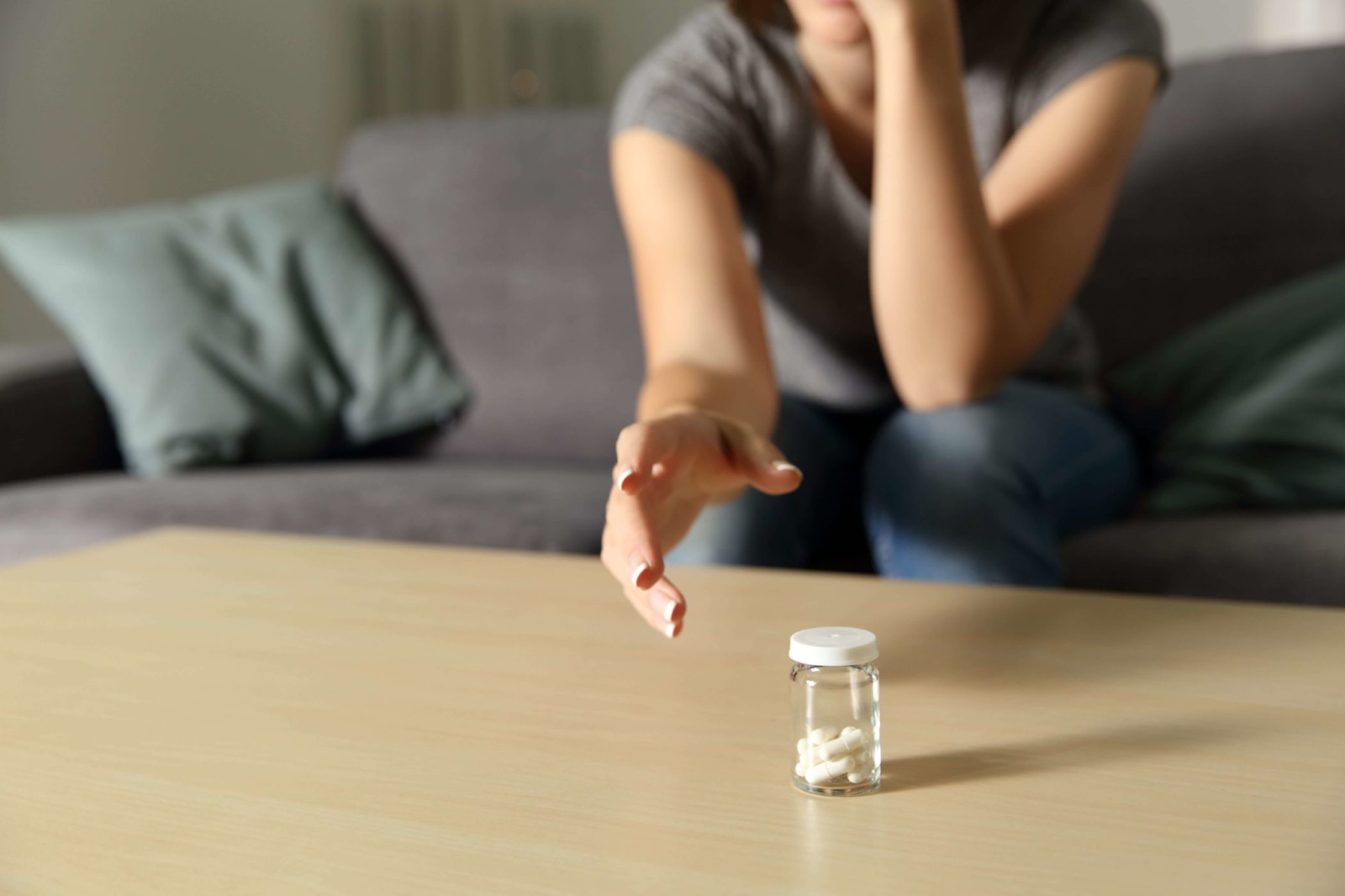
In Kenya, independent research estimated that up to 30% of medicines in certain markets are counterfeit, including painkillers and over-the-counter drugs. In South Africa, the regulatory gaps are even more stark; There is huge trade in counterfeit cancer meds, antibiotics, and antiretrovirals, with real patients receiving either nothing or poisonous substances.
We speak of healing and recovery, but many Africans never get the real medicine and there is an epidemic of self medication. There is regulatory failure. There is a supply chain weakness and all this because of desperation. And worse: because people sometimes turn first to the prayer mat and self medication before the pharmacy.
Systemic Gaps: Health Systems Failing, Cost of Delayed Treatment And Why Denial Persists
This case of denial isn’t just personal—it’s systemic, one that has eaten deep into the fabric of the society. Many African health systems were not built with precision, care and empathy, the system seemed to fail the very people it was built for. As chronic diseases rise, health systems are bursting at the seams and Africans are losing hope by the day. There are reports that warn that preventive screening, diagnosis, and long-term care are severely under-resourced.
Public health policies still focus on malaria, HIV, or maternal mortality, while illnesses like diabetes and hypertension get less than their share of attention. Even when people want to check their blood sugar or blood pressure, they might not be able to. Clinics are underfunded, rural facilities are scarce, and diagnostic tools like ECGs or cancer screenings are luxuries many can’t afford.
Moreover, environmental risk factors, air pollution, unsafe water, toxic exposure, play a major role in NCDs. When communities breathe dirty air and drink contaminated water, then ignore early symptoms, the system wins, because people die quietly, internally, and often alone.
Behind the data are heartbreaking stories. I have watched people in their 30s collapse in market stalls or at church, unprepared for what their bodies had already endured. I’ve sat with families who say, “If only he had gone to the clinic earlier,” but, “they were praying.”
In many urban and rural areas across Africa, dying young is no longer just caused by violent disease outbreaks. It’s caused by untreated high blood pressure that never got measured, or by fake malaria pills that never cured. It’s caused by the belief that disease is spiritual, mixed with a health system that often fails before people even walk through the gates.
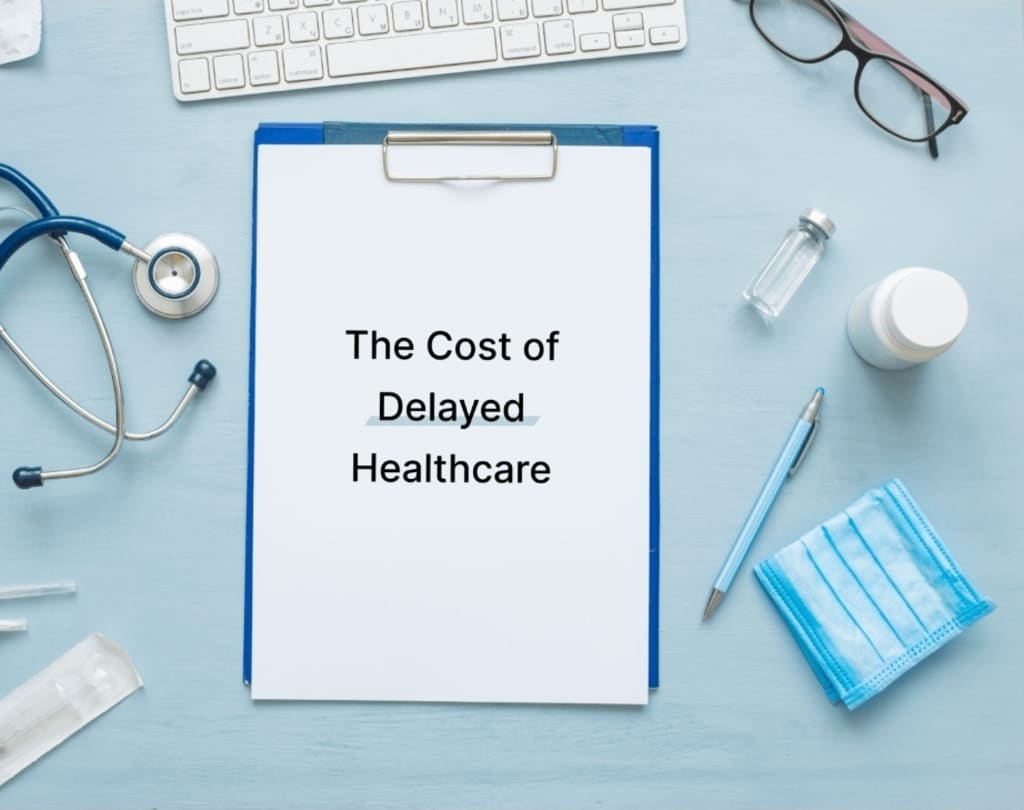
Denial survives for many reasons. On the cultural side, hospitals can feel alien; people trust local healers more than clinics. Symptoms that are vague or chronic are brushed aside as spiritual or stress-related. Faith leaders may even encourage prayer over medicine or even frame illness as a moral test.
Psychologically, admitting illness feels like failure. It means vulnerability. It means paying real money for tests that some people can't afford, treatment and possibly care that feels like pity. Poor households may decide: “Let me pray first,” or “Let me buy the cheap herbs or cheap medicine.” Delay is rational when you fear the cost, financial, social, spiritual.
Economically, many Africans can’t afford regular checkups. Health insurance is rare, and out-of-pocket payment dominates. When people self-medicate, they often rely on street vendors or informal pharmacies, places where counterfeit medicines flourish. Regulatory systems may not be able to inspect every outlet; enforcement is weak; illicit networks are thriving.
The Silent Epidemic of Stress, Burnout and The Path to Healing
Another killer that hides behind denial is stress itself. In a continent where many people hustle for survival, life can feel relentless. Working multiple jobs, paying for school fees, caring for extended family, battling inflation, the psychological weight is real.
Chronic stress fuels high blood pressure, heart disease, poor sleep, anxiety, and depression. Yet, many refuse to name it. They say, “It’s just life.” They insist, “I’ll deal with it later.” But “later” often means too late. People are showing up in their 60s with hypertension, diabetes, or are simply chasing peace. It’s a stark reminder that bodies don’t bounce indefinitely—they need care, rest, and recognition.
So, what can change? How do we confront denial without dismissing faith, culture, or economic reality?
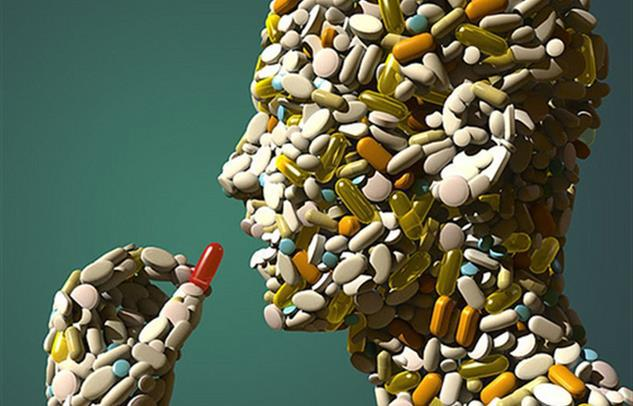
we need to destigmatize sincere vulnerability and the freedom to say we actually need rest. Health education must meet and teach people about these things. If possible mobile clinics, pop-up screening stations, and community outreach should help raise awareness and outreaches to detect diseases and help people early. Churches, mosques, and faith communities can host health talks. We should normalize “getting checked” like we normalize “going to pray.”
We must tighten regulatory systems. Governments, regulators, and international partners must crack down on counterfeit drugs. African health tech innovators are already using blockchain and AI to trace real medicines and combat the fakes. These solutions must scale fast.
Also we need a cultural shift. Yes, prayer and faith is powerful. But it must not replace diagnostics. Faith leaders and community advocates should partner with health professionals to encourage medical treatment when necessary. The message: “Believe and check.”
It is very crucial for the African governments to rescale health infrastructure, not just for infectious disease, but for chronic disease care. Screening programs, training, primary care, and long-term treatment plans need funding, planning, and political will.
Individuals should also empower themselves, Young Africans must learn that their bodies are not rebootable. Self-care, rest, and acknowledgment of symptoms are not weaknesses, they are survival strategies.
Conclusion: Denial Is Killing Us More Than We Realize
I have seen bodies that could have healed, dreams cut short, and families shattered because someone refused to face the truth. We often act like our bodies are rechargeable machines wired to withstand everything: long hours, poor diet, spiritual warfare, and emotional neglect. But we are mortal and it seems like we do forget that.
Africa’s real health crisis is not just disease. It’s the culture of denial. It’s the refusal to name what hurts, to test what’s bothering, and to treat what’s killing quietly. When we continue to spiritualize every ache, ignore checkups, self medicate and buy fake pills from street vendors, we resign ourselves to a slow tragic fate.
If we are serious about increasing life expectancy, if we are serious about living well and dying well, we must look the silent killers in the eye. Denial is not protection, it is liability. And we owe ourselves more than that.
You may also like...
Explosive Racism Claims Rock Football: Ex-Napoli Chief Slams Osimhen's Allegations

Former Napoli sporting director Mauro Meluso has vehemently denied racism accusations made by Victor Osimhen, who claime...
Chelsea Forges Groundbreaking AI Partnership: IFS Becomes Shirt Sponsor!

Chelsea Football Club has secured Artificial Intelligence firm IFS as its new front-of-shirt sponsor for the remainder o...
Oscar Shockwave: Underseen Documentary Stuns With 'Baffling' Nomination!
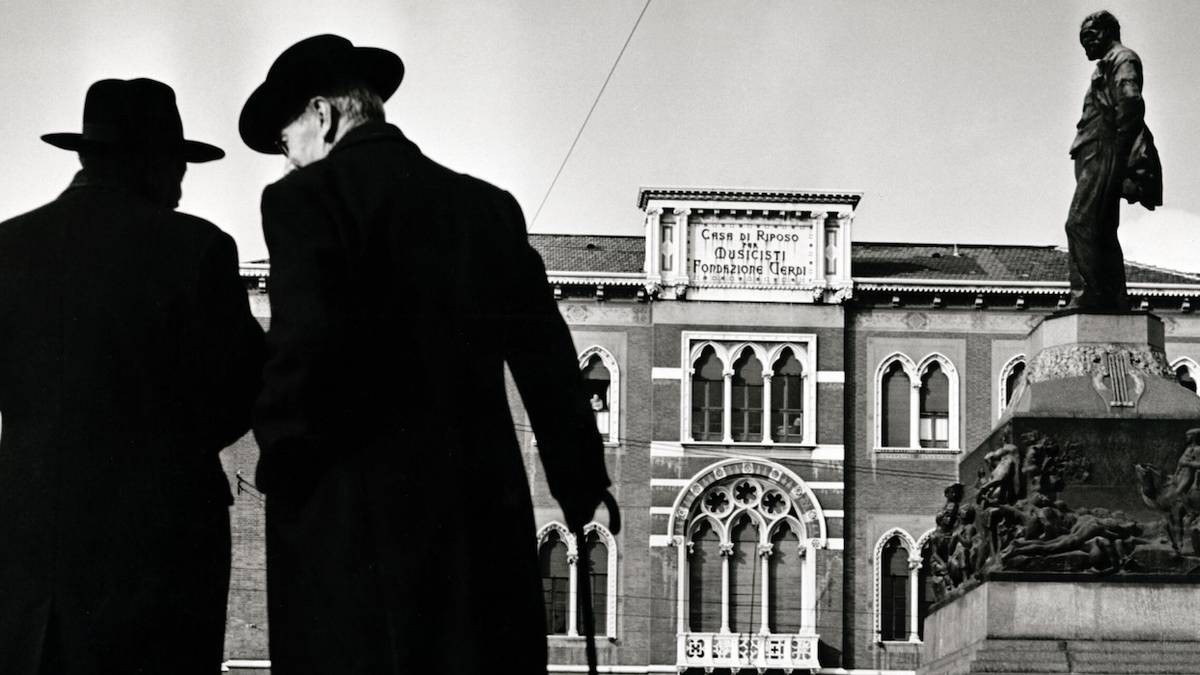
This year's Academy Awards saw an unexpected turn with the documentary <i>Viva Verdi!</i> receiving a nomination for Bes...
The Batman Sequel Awakens: Robert Pattinson's Long-Awaited Return is On!
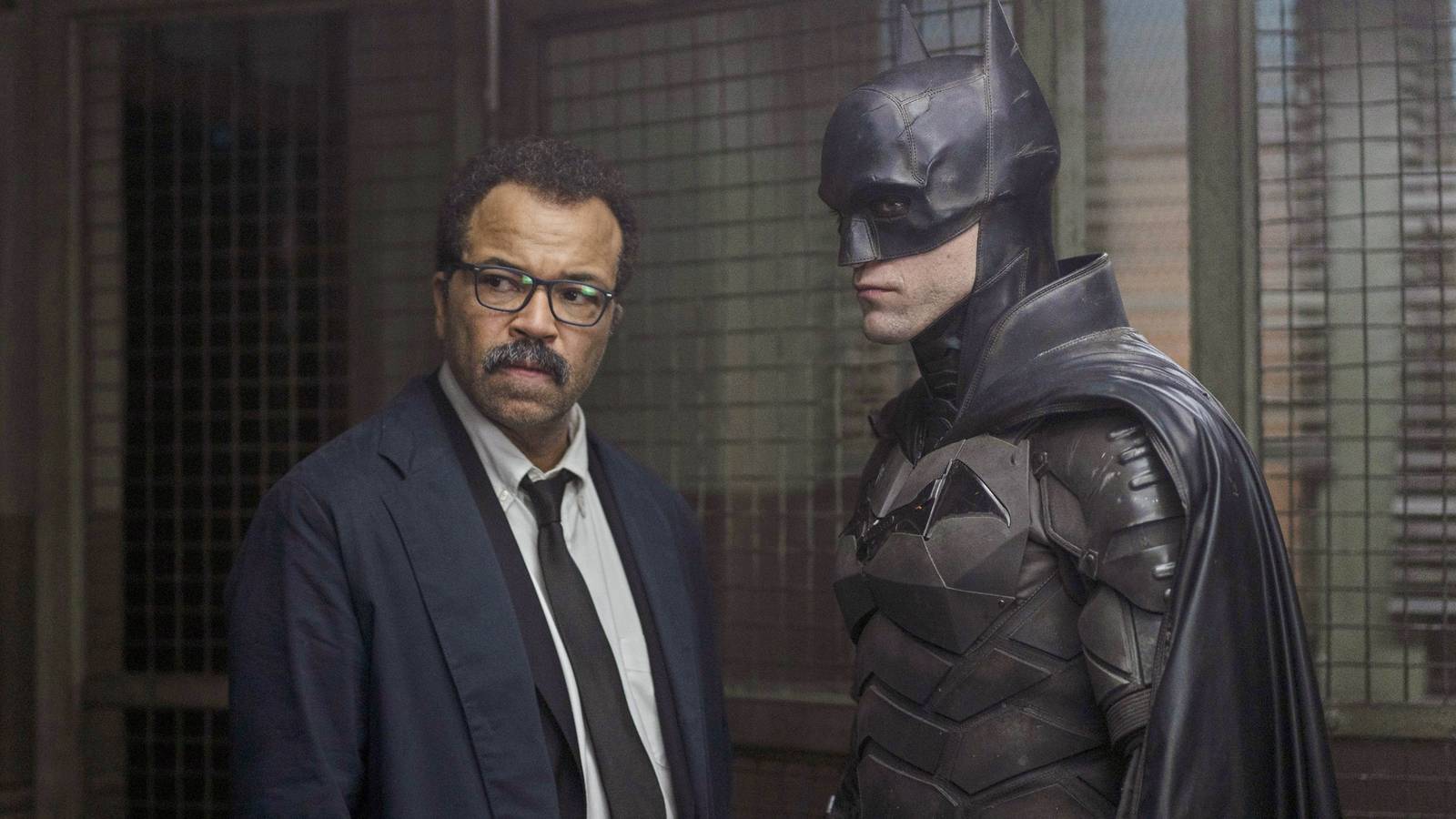
Robert Pattinson's take on Batman continues to captivate audiences, building on a rich history of portrayals. After the ...
From Asphalt to Anthems: Atlus's Unlikely Journey to Music Stardom, Inspiring Millions

Singer-songwriter Atlus has swiftly risen from driving semi-trucks to becoming a signed artist with a Platinum single. H...
Heartbreak & Healing: Lil Jon's Emotional Farewell to Son Nathan Shakes the Music World

Crunk music icon Lil Jon is grieving the profound loss of his 27-year-old son, Nathan Smith, known professionally as DJ ...
Directors Vow Bolder, Bigger 'KPop Demon Hunters' Netflix Sequel
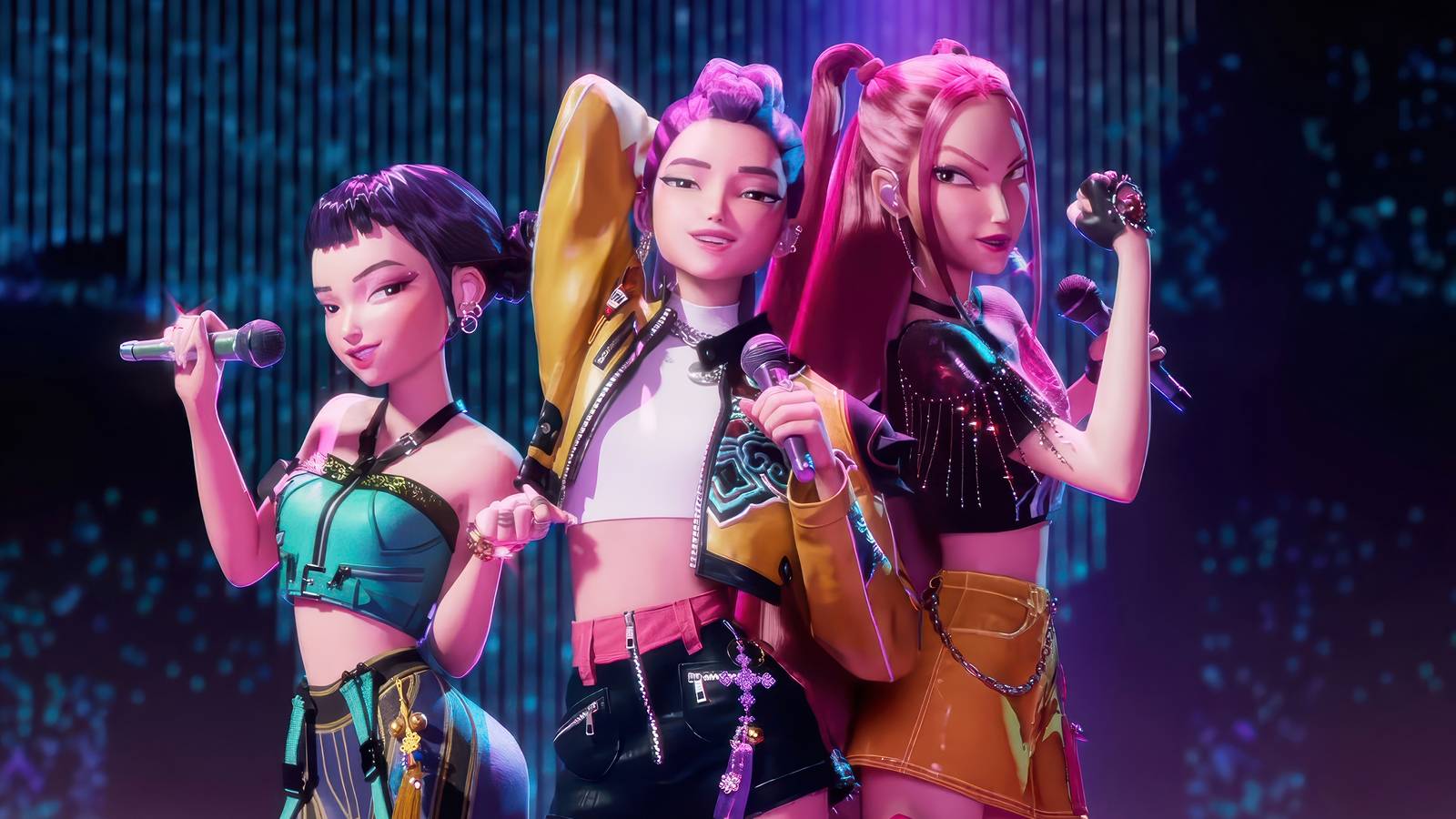
Directors Maggie Kang and Chris Appelhans discuss the phenomenal success of Netflix's "KPop Demon Hunters," including it...
From Addiction to Astonishing Health: Couple Sheds 40 Stone After Extreme Diet Change!

South African couple Dawid and Rose-Mari Lombard have achieved a remarkable combined weight loss of 40 stone, transformi...

